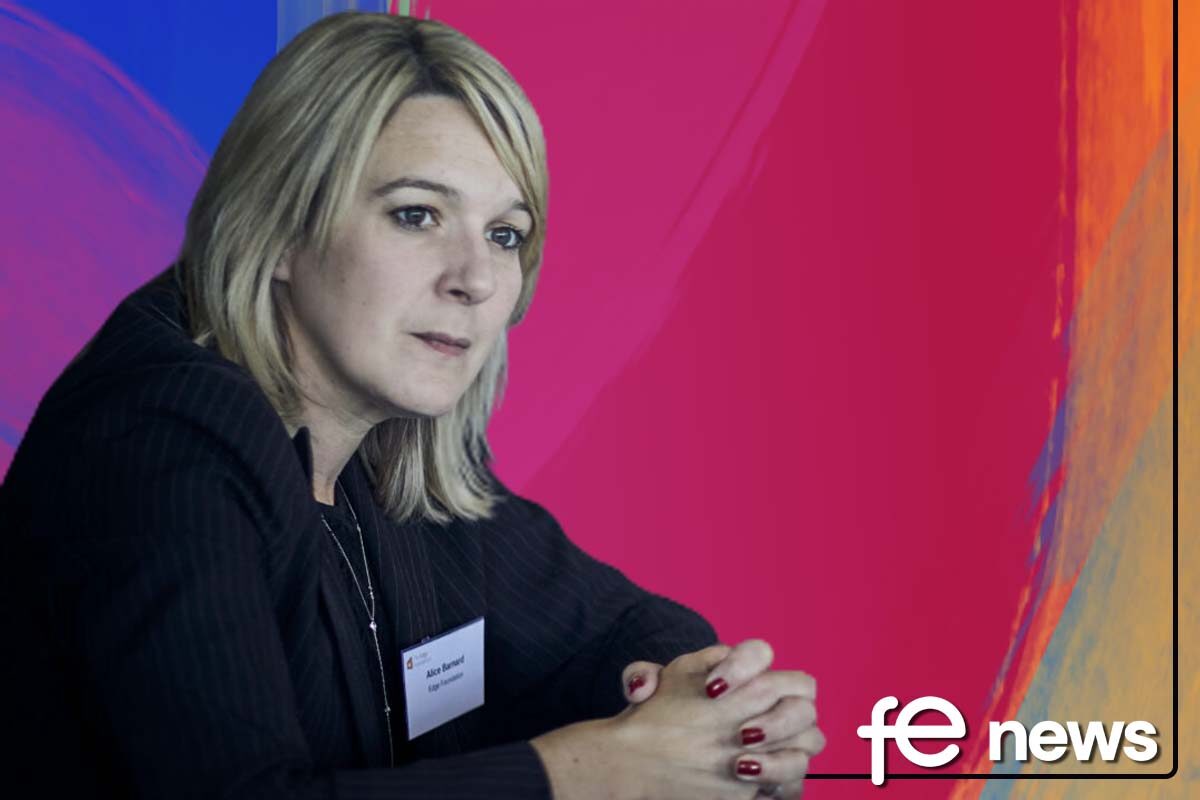COVID-19 has forced all employers to start moving towards a culture of trust in their employees

How shifting to a culture of trust will benefit all employees
While home working is nothing new, the way businesses all over the world have had to adapt to it overnight undoubtedly is. Where even the most flexible business leaders might have been reluctant to let the entire office work remotely for long periods of time, COVID-19 has forced all employers to start moving towards a culture of trust in their employees. And as we’ve all seen, it’s working.
While there have clearly been economic challenges in 2020, many businesses have been highly productive with a workforce at home. According to a study by HR firm Mercer, 94% of employers said productivity was the same during COVID, if not higher than it was before.
But while COVID has forced us all to make great strides in improving our working lives, we are only halfway there. As we look towards the development of a vaccine and the inevitable end to the health crisis, we also start to think about what will look like post-COVID.
From Presenteeism to Trust
Leaders need to make a permanent switch in 2021 from presenteeism to trust, allowing the workforce to make their own choices about where they work, while still placing a value on the office as a place to meet, nurture company culture and bring everyone together when required.
The evidence is clear. A Harvard Business Review study in 2017 found that employees working in high-trust rather than low-trust environments were 106% more energetic at work, 76% more engaged with their jobs and experienced 74% less stress.
Transforming recruitment
Productivity and satisfied employees aren’t the only by product of a culture of trust at work. Better trust from leaders in their employees to work remotely also has the opportunity to transform recruitment. Businesses are no longer constrained by looking for local talent, but are able to extend their search further afield, both regionally across the UK and even internationally. This flexibility in recruitment also allows firms to be much leaner in their workforce and decision making is sped up.
The benefit of this is that teams can find the skills they need rather than relying on the skills available. Hiring freelance staff is a valuable tool available to businesses looking to change and adapt over a short-medium term. Often skills required are specialist and hiring a freelancer who has worked for multiple other businesses brings with them a wealth of experience and added value.
Upskilling to find your dream job
This is not only a benefit for employers, however. Freelance employees have the opportunity to upskill in their various freelance roles and people who have found themselves on the wrong side of redundancy and job loss can pivot and transfer their skills to a new role, with little effort.
Freelancing post COVID not only allows workers to level up their skill set and gain economic freedom but also the opportunity to find their dream job, regardless of where it is in the world. In our own data with over a thousand freelancers, we found that the majority say that life is better as a freelancer than as a permanent employee, with more time to spend with their families and greater economic freedom.
2021 will bring its own challenges in the form of pandemic recovery as well as short-term destabilisation from Brexit whether a deal is agreed or not. According to our data, almost half (46%) of freelancers say they expect less jobs to be available because Brexit will place more pressure on businesses already strained because of COVID-19.
However, implementing a sturdy and lean recruitment process that provides high quality team members and skills, while nurturing a culture of trust will ensure businesses are well prepared for what the future holds, however unpredictable that might be.
Morten Peterson, Co-Founder and CEO Worksome
Morten Petersen, 38, is the CEO & Co-Founder of Worksome, an online talent solution that allows companies to seamlessly tap into a global on-demand workforce. Prior to founding Worksome, Morten spent 5 years working within Google’s Danish management team, where he was responsible for leading commercial activity out of Copenhagen. Morten graduated from Copenhagen Business School and currently lives just north of the Danish capital with his wife and 3 sons.











Responses